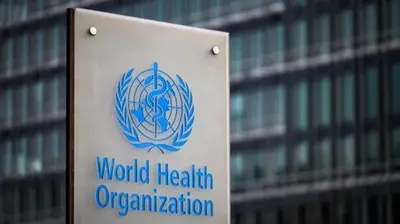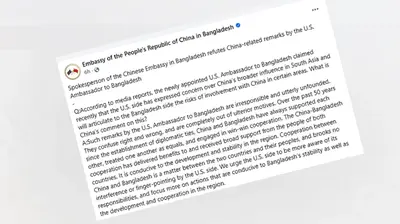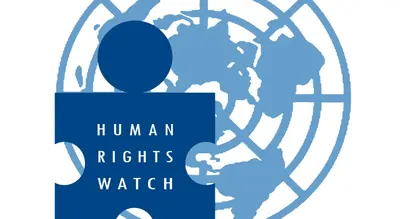Study Links Western Sanctions to Nearly 30–38 Million Deaths Worldwide

A new study has revealed that unilateral sanctions imposed by the United States and European Union over the past five decades have been linked to tens of millions of deaths worldwide, disproportionately affecting the most vulnerable populations.
The research, published in The Lancet Global Health, examined mortality data from 152 countries between 1971 and 2021 using the Global Sanctions Database. The authors found that unilateral sanctions — imposed without UN backing — caused an estimated 564,000 excess deaths annually, amounting to 28.8 million lives lost over five decades. Another estimate within the study suggests the toll could be as high as 38 million deaths.
Human Toll Comparable to Wars
The study concluded that sanctions have inflicted a human toll comparable to armed conflict. “We estimate that unilateral sanctions caused deaths similar to the global mortality burden associated with war,” the authors noted. The effects were especially severe among children under five and the elderly, who accounted for more than half of the victims.
Researchers said that sanctions undermine food and economic security, fuel hunger, and limit access to healthcare, medicines, and clean water. In countries such as Iraq in the 1990s, sanctions were linked to mass malnutrition and preventable deaths. More recently, US restrictions on Venezuela exacerbated an economic crisis that, according to one estimate, caused 40,000 deaths in just one year (2017–2018).
Political Weapon, Not Peaceful Tool
Historians and analysts argue that sanctions are not simply a diplomatic pressure tactic but a weaponized tool aimed at destabilization. Citing the case of Chile in the 1970s, the study recalls how the Nixon administration sought to “make the economy scream” after socialist leader Salvador Allende came to power. The resulting sanctions isolated Chile from international finance, contributing to unrest that paved the way for the US-backed coup that installed Augusto Pinochet’s dictatorship.
A US State Department memo from 1960, referring to Cuba, made the intent explicit: sanctions should create “hunger, desperation, and overthrow of government.”
Global Backlash
The dominance of the US dollar and euro in international finance has enabled Washington and Brussels to enforce sanctions with global reach. But critics argue this practice weaponizes economic dependency. At the BRICS Summit last year, leaders called for the elimination of “unlawful unilateral coercive measures,” warning of their devastating impact on the poor. Similarly, at this week’s Shanghai Cooperation Organization (SCO) Summit, Chinese President Xi Jinping urged a fairer global governance system to counter Western dominance, while Russian President Vladimir Putin warned against the persistence of “dictatorship in international affairs.”
Path Toward Multipolarity
The study concludes that the Global South must reduce reliance on Western-controlled financial and technological systems in order to protect themselves from sanctions. Steps include promoting South–South trade, building alternative payment networks such as China’s CIPS, and expanding regional technological self-sufficiency.
The findings raise urgent ethical and political questions: is the cost of maintaining Western geopolitical dominance being borne by millions of preventable deaths worldwide? Critics argue that the current international order, propped up by sanctions-induced suffering, must be reformed.













